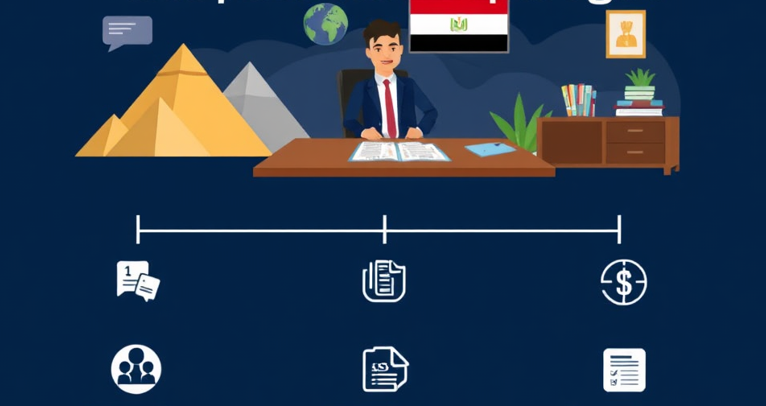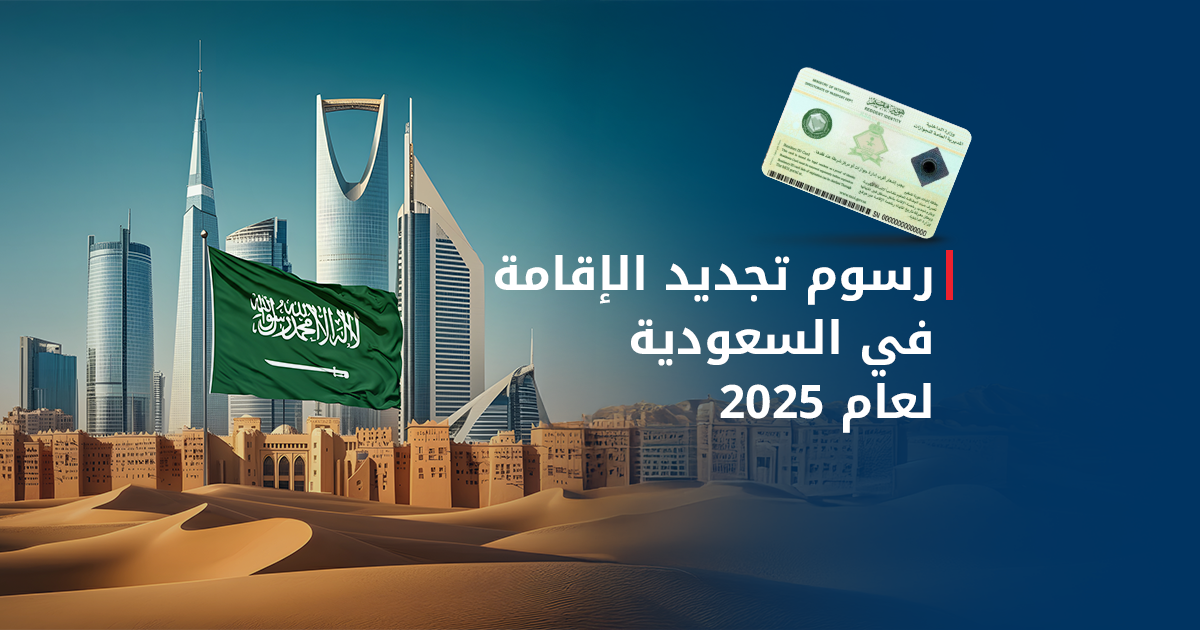Establishing companies in free zones in Egypt
Free zones in Egypt are a distinctive investment pattern because it is one of the investment systems subject to the provisions of the Investment Law No. 72 of 2017 and the executive regulations, which oversees the application of the General Authority for investment and free zones
What are free zones
It is a part of the territory of the state that falls within its borders and is subject to its administrative authority, and is dealt with in accordance with special tax, customs and monetary provisions.
There are currently 9 public free zones spread throughout the republic, namely:
Damietta-port said-Ismailia-Suez-Nasr City-shebeen com-media production in Cairo-Alexandria-qafat
All of them are equipped with the facilities and infrastructure necessary for the operation and reception of the projects ” roads – electricity – sewage stations – water networks – telephones ” in addition to an integrated customs unit, a unit for the port security police and a security unit in each region that operates 24 hours a day. the locations of the free zones have been selected so that they are located in major cities distinguished by their location, availability of Labor and Sea and air ports
The investment areas are allocated according to the annual rent per square meter according to the type of activity carried out by the project at a rate of 5 dollars for industrial activities and 10 dollars for service activities
Authorized activities in free zones
Allows Establishing companies in free zones in Egypt All activities to be invested within the free zones in accordance with the policy set by the General Authority for investment and free zones, mainly export-oriented industries abroad, except:
- Aֺֺ for weapons, ammunition, explosives and related to national security.
- Aֺֺ for liquor and alcoholic beverages
- Fertilizer industry
- Iron and steel manufacturing
- Tֺֺ petroleum manufacturing
- Eֺֺ liquefaction, manufacturing and transportation of natural gas
- Aֺֺ for energy-intensive industries
Benefits granted to projects :
- Freedom to transfer invested capital and project profits abroad .
- Freedom to choose the field of investment and the legal form of projects .
- Freedom to set product prices and profit margin .
- There are no minimum or maximum limits for the invested capital for public free zone projects only .
- There are no limits on the nationality of capital
- Granting foreign investors accommodation facilities.
- Granting foreign workers residence permits at the request of the project.
Guarantees granted to projects :
- It is not permissible to file a lawsuit on projects operating under the free zones system only after referring to the authority.
- It is inadmissible to nationalize projects and enterprises or confiscate them .
- It is not permissible to impose guards on them by administrative means, seize, seize, seize, freeze or confiscate their funds without judicial means .
Exemptions granted for projects :
- Exemption of all capital assets and production requirements necessary to carry out the project activity except passenger cars from any customs duties, sales taxes or other taxes for the entire period of the activity, even if the nature of the activity requires their temporary presence outside the free zone
- Exemption of exports and imports of the project from and outside the country from any customs duties or taxes, whether sales taxes or other taxes or duties applicable inside the country.
- The project and its profits are not subject to the laws, tax or customs legislation in force within the country throughout the period of activity .
- Imports and exports of the project from and outside the country are not subject to any customs procedures or normal import rules in force inside the country.
- Eֺֺ exemption of Project imports from the local market from VAT.
- Exemption of transit goods of the specified destination from payment of any scheduled fees on incoming and outgoing goods in accordance with the following conditions:
- The project must be within the customs department.
- The final destination must be specified by the waybill and invoice.
- Exemption of all local components of goods produced by free zone projects from customs duties on them in the case of sale to the local market, i.e. within the country












